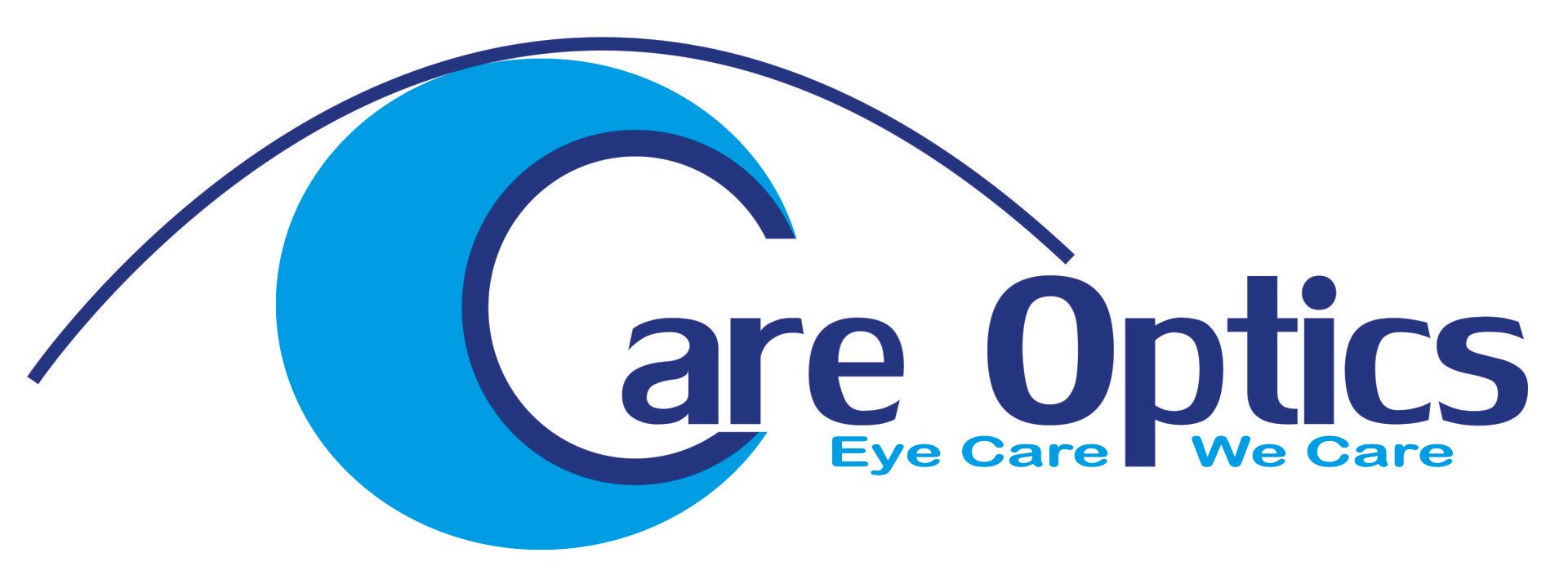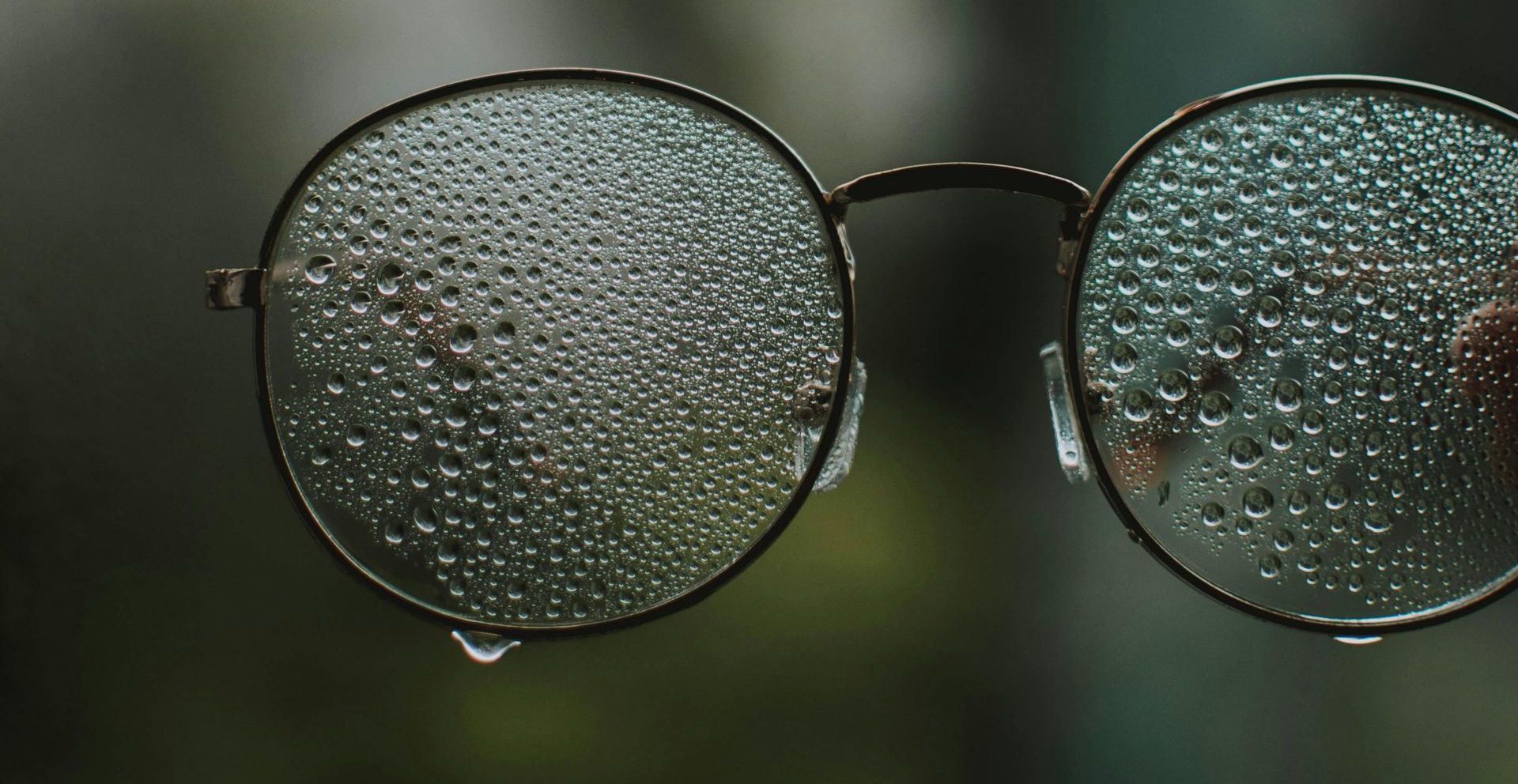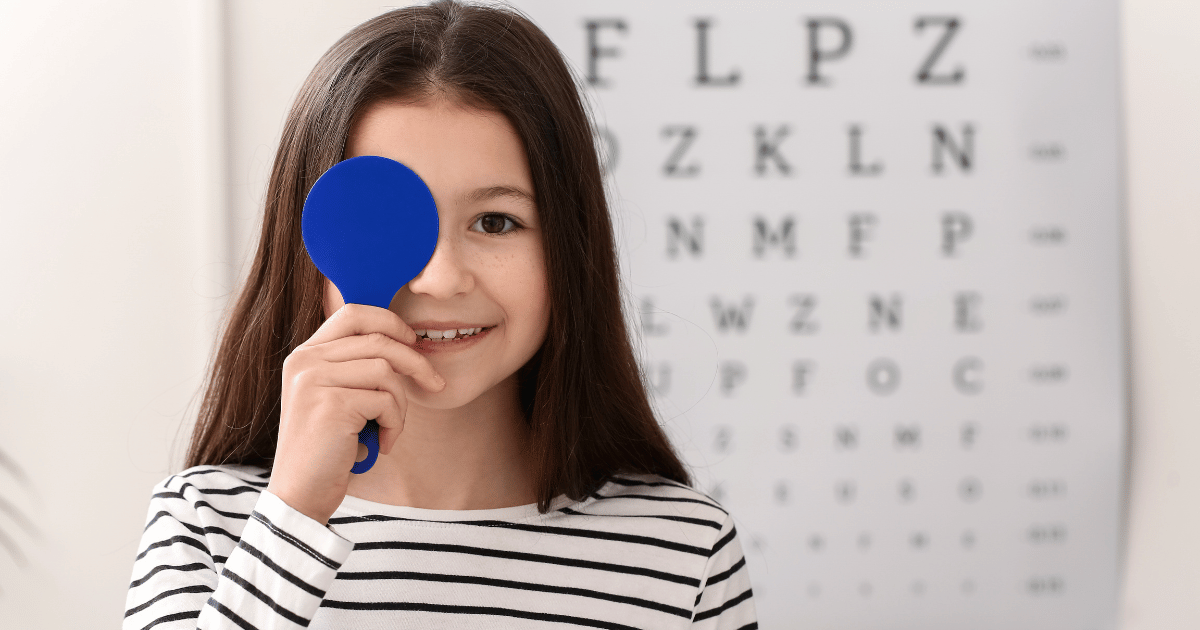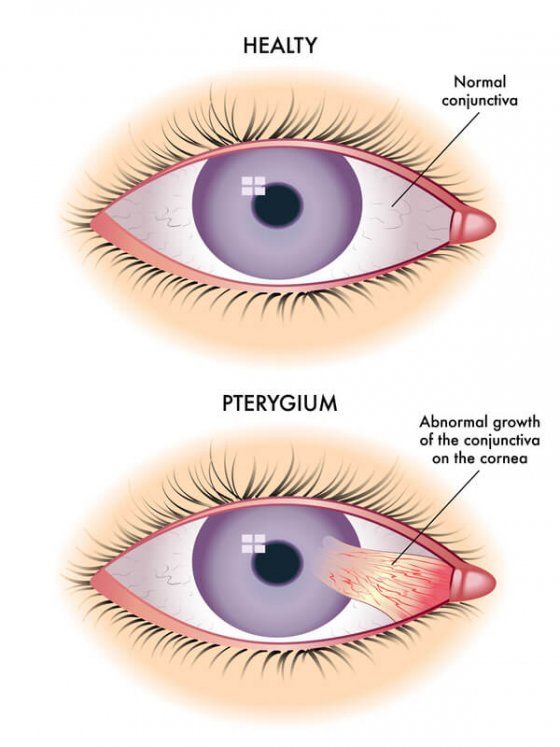How Can You Tell If Your Glasses Prescription Is Wrong?
Wearing the right glasses prescription is essential for clear vision and everyday comfort. But what if your prescription isn’t quite right? Whether you’ve just picked up a new pair of glasses or have been wearing the same lenses for a while, an incorrect prescription can lead to a range of issues. Here’s how to tell if your glasses prescription is wrong and what to do about it.

Signs Your Glasses Prescription Might Be Wrong
1. Blurred or Distorted Vision
If objects appear blurry or distorted, even when wearing your glasses, it could be a sign that your prescription isn’t accurate. This is particularly common if you’ve recently had an eye test and your eyes are still adjusting, but prolonged blurriness isn’t normal.
2. Frequent Headaches
Headaches, particularly around your temples or forehead, may indicate that your eyes are straining to compensate for an incorrect prescription. If you notice persistent discomfort, your lenses might not be giving you the correct level of correction.
3. Eye Strain and Fatigue
Experiencing tired, achy, or dry eyes after short periods of wearing your glasses? This could be a sign that your prescription isn’t suited to your needs. Eye strain is particularly common when working on screens or reading for long periods.
4. Dizziness or Nausea
An incorrect glasses prescription can sometimes cause dizziness, nausea, or a feeling of imbalance. This can happen if the prescription strength is too high or if there’s an issue with the lens alignment.
5. Difficulty Focusing
If you struggle to focus on objects at different distances, your prescription may not be right. This is especially common with progressive or bifocal lenses, where incorrect positioning can impact your vision clarity.
Why Might Your Glasses Prescription Be Wrong?
There are several reasons why your glasses prescription may not be working as expected:
-
Recent prescription change: Your eyes may take time to adjust to a new prescription, especially if the change is significant.
-
Human error: Mistakes can happen during an eye test or when lenses are made. If your vision doesn’t seem right, it’s worth checking.
-
Incorrect lens type: If you need varifocals, bifocals, or blue light lenses but are wearing single-vision lenses, your prescription may feel off.
-
Frame fit and positioning: Glasses that sit too high or too low on your nose can affect the way your lenses correct your vision.
What Should You Do If Your Prescription Feels Wrong?
1. Give It Time
If you’ve recently had a prescription update, give yourself a few days to adjust. Your eyes might need time to get used to the new lenses.
2. Check Your Glasses Fit
Ill-fitting frames can make a big difference. If your glasses slide down your nose or don’t sit properly, visit your optician for an adjustment.
3. Book an Eye Test
If your vision still feels off after a few weeks, book an eye test with a qualified optometrist. They can assess whether your prescription needs tweaking.
4. Speak to Your Optician
If you suspect an issue with your lenses, return to your optician and explain your concerns. They can check your glasses against your prescription and make any necessary corrections.
5. Consider Blue Light Protection
If you spend long hours in front of digital screens, your discomfort may be related to screen exposure rather than your prescription.
Blue light lenses can help reduce strain and improve comfort.
When to Replace Your Glasses Prescription
It’s recommended to have an eye test at least every two years, or more frequently if you experience vision changes. If you’re struggling with any of the above symptoms, don’t ignore them—your eyesight is too important to leave to chance.
For more expert advice on eye health and the best lenses for your needs, explore our blog section or visit your nearest optician.
Your glasses should make life clearer, not harder. If you’re experiencing persistent headaches, dizziness, or blurry vision, it’s worth checking whether your glasses prescription is correct. At Care Optics , we’re here to ensure you have the right lenses for your vision, comfort, and lifestyle.
Need a check-up? Book your eye test today and see the difference a precise prescription makes!










